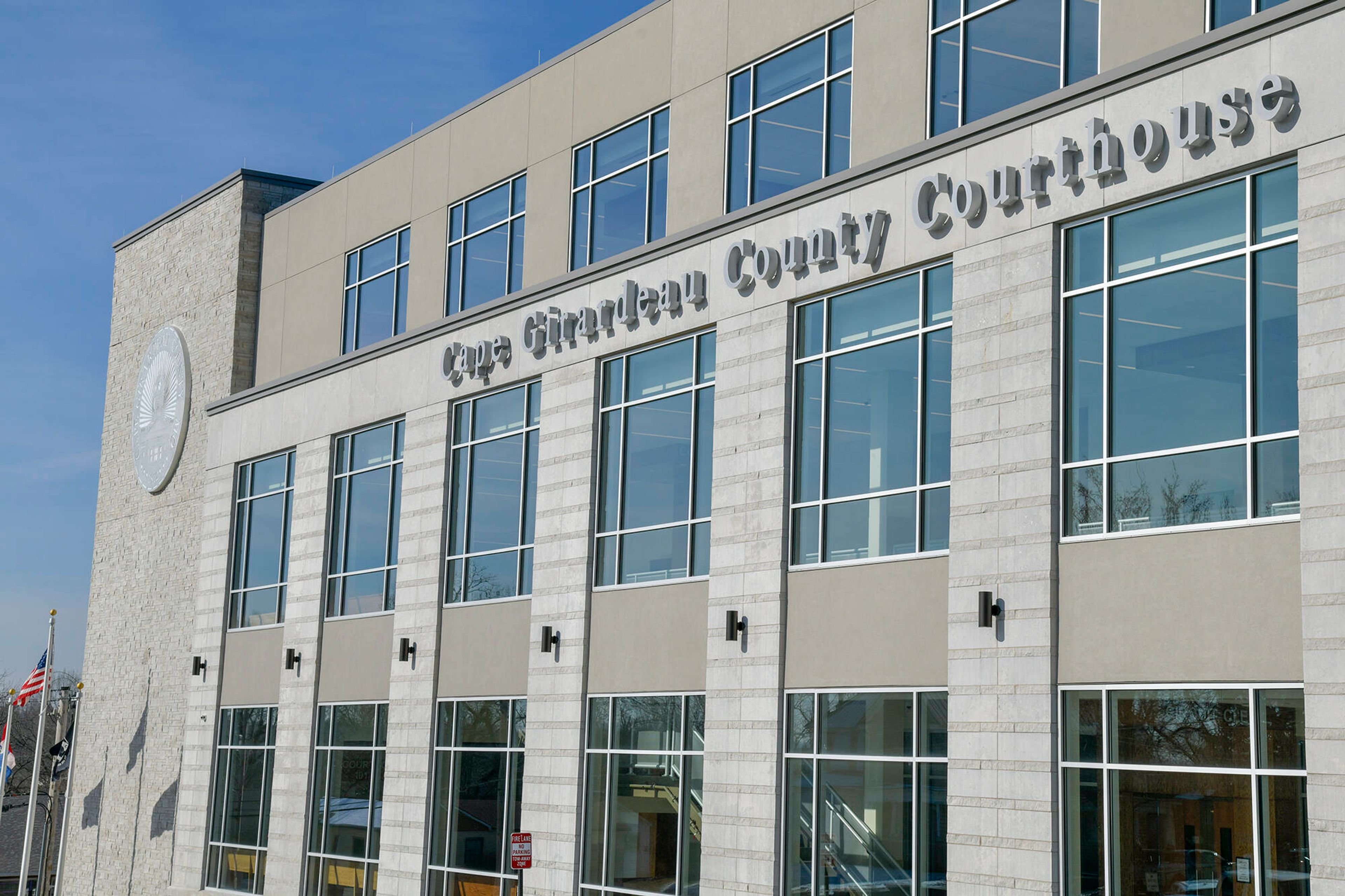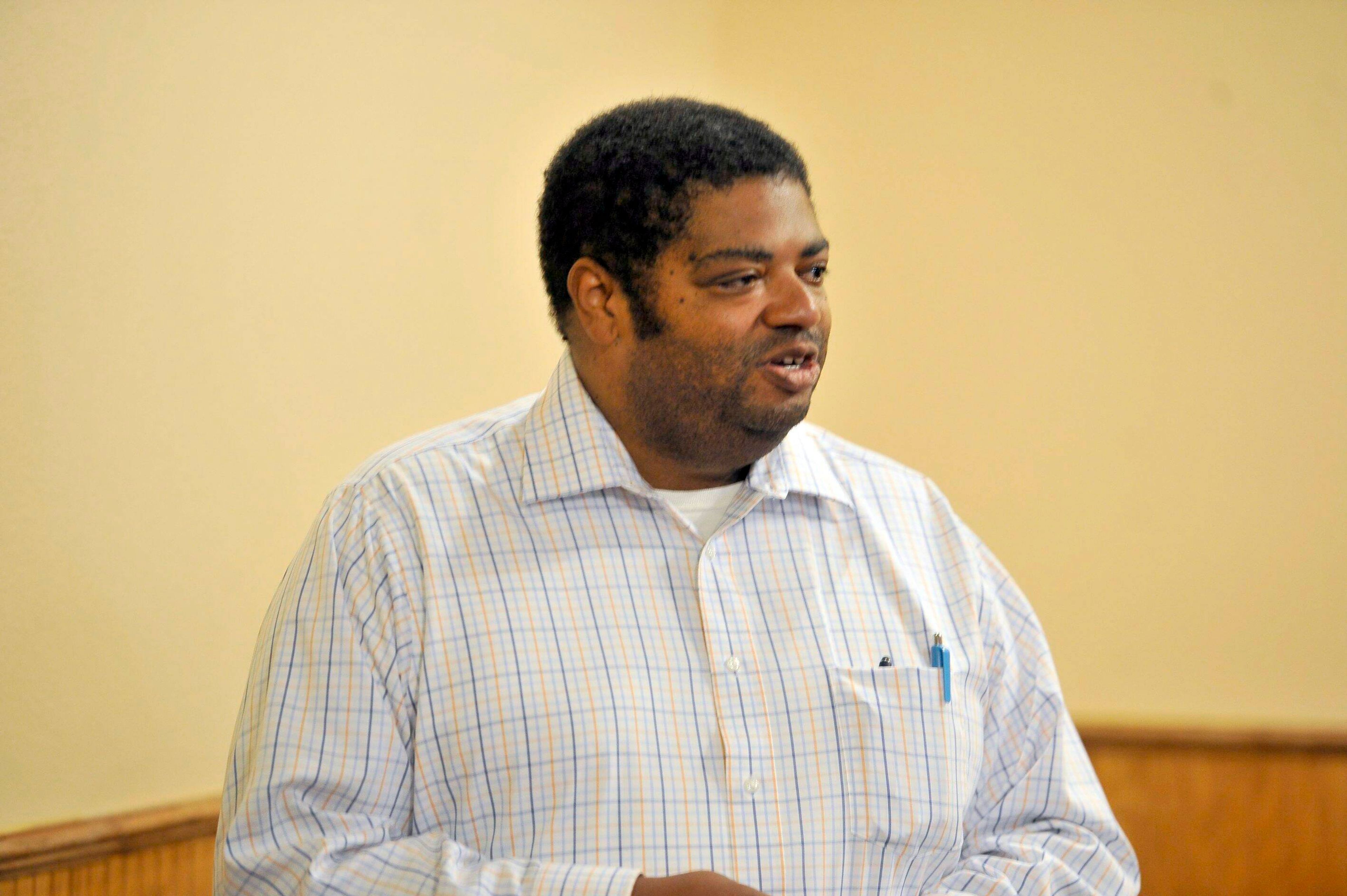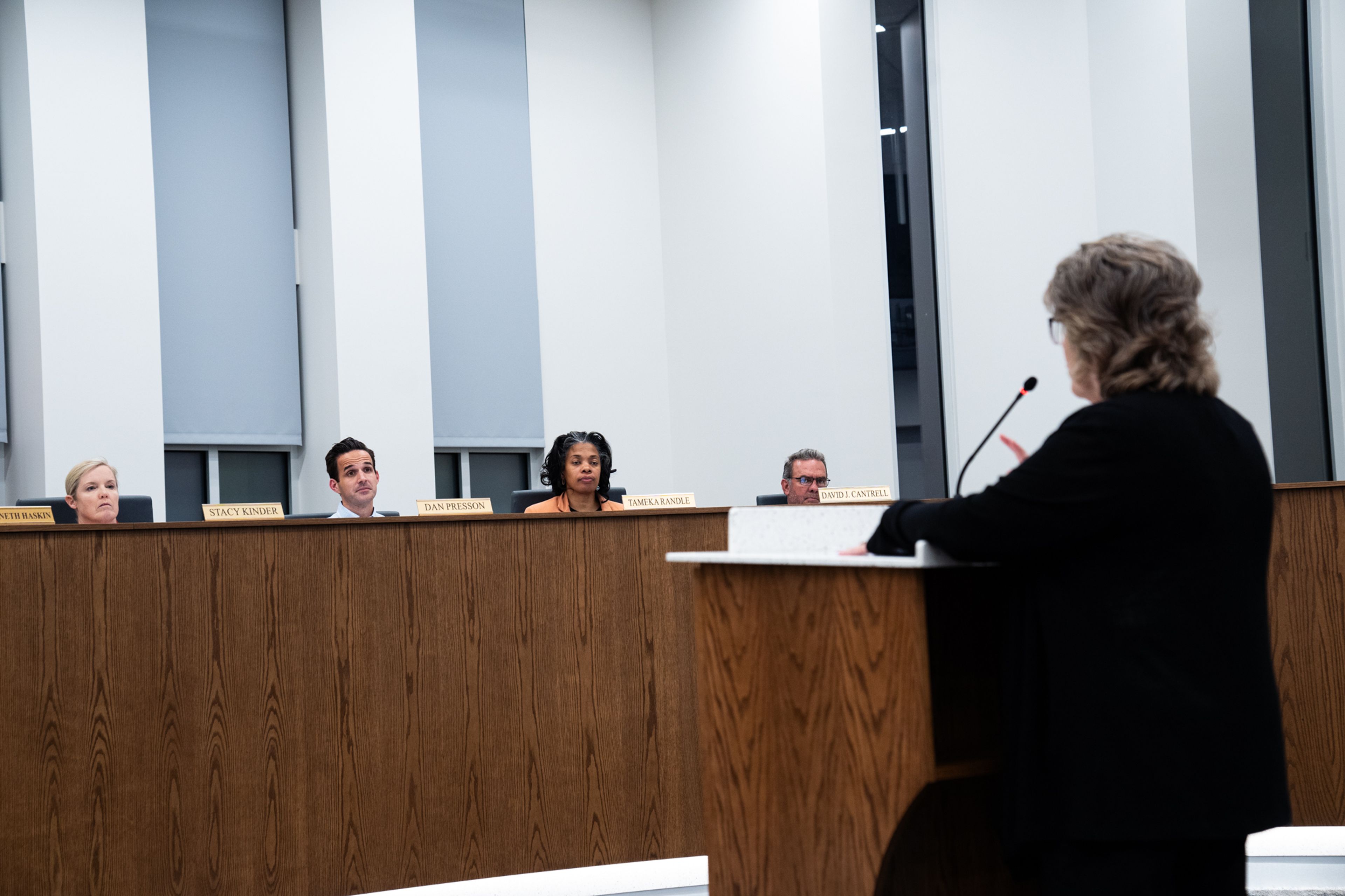Analysis: Missouri GOP success in eye of beholder
JEFFERSON CITY, Mo. -- Success. That desirable word can have different meanings to different people. Sometimes, success is in the effort. But ultimately, success often is judged by results. When the Missouri Legislature adjourned its annual session this past week, the Republican majority claimed it was a successful effort -- even "historic" and "monumental" -- based on the measures they considered and approved. ...
JEFFERSON CITY, Mo. -- Success. That desirable word can have different meanings to different people.
Sometimes, success is in the effort. But ultimately, success often is judged by results.
When the Missouri Legislature adjourned its annual session this past week, the Republican majority claimed it was a successful effort -- even "historic" and "monumental" -- based on the measures they considered and approved. Yet if results are what matter, their success may ultimately depend upon the decisions of Democratic Gov. Jay Nixon.
Several of the Republicans' priority bills could be vetoed by Nixon. If that happens, there may be a bifurcated definition of success.
"It will be successful politically," said Dave Robertson, a political-science professor at the University of Missouri-St. Louis, "but the Legislature will be criticized again for not turning their commitments into policy substance."
Consider some of the priorities passed by the Republican-led Legislature:
* An income-tax cut for individuals and businesses is projected to reduce state revenue by about $700 million when fully phased in. It's perhaps the most philosophically pure Republican measure of the session. Just four of the 134 Republicans in the House and Senate voted against it. The reduction in income tax rates would be the first in Missouri since 1921.
Yet Nixon has indicated that he likely will veto the legislation because of the potential drain on state revenue. To override his veto could require every single Republican in the House to toe the party line during a September veto session.
* A bill touted by Republicans as the "paycheck protection act" would require some public employee unions to obtain annual written consent from members to deduct dues from their paychecks and spend money on political activities. Republicans call it "labor reform. "
Labor unions typically support Democratic candidates and have contributed hundreds of thousands of dollars to Nixon's prior campaigns. Not a single Democratic lawmaker voted for the measure. Although Nixon has not said much publicly about the legislation, a veto would appear likely and Republicans don't seem to have enough support to override a rejection.
* Legislation promoted by Republicans as a protection of Second Amendment rights would declare federal gun regulations unenforceable in Missouri. Among other things, the bill also would allow special "protection officers" to carry concealed guns in schools and let people with concealed-carry permits openly tote firearms up to 16 inches long.
Nixon has not said what he will do with the bill, but another veto is possible. After the Legislature adjourned Friday, he said there are "very real legal issues" with attempting to nullify federal law. Nixon previously expressed concerns about putting guns in schools.
Tax cuts, gun rights and anti-union measures all play to core Republican constituencies.
House Speaker Tim Jones and Senate President Pro Tem Tom Dempsey both cited those measures on their list of accomplishments, which also included education legislation and a financial fix for an insolvent state fund for disabled workers.
"We have a vision for the state and we expressed what that was and we worked toward those goals," said Dempsey, R-St. Charles. "I think that's what the people expect from their elected leaders, and that's what we provided."
In an effort to win passage, Republicans moderated several of the measures that are now pending before Nixon.
They agreed to phase in the income tax cuts over 10 years and made them contingent upon continued growth in state revenue of at least $100 million annually. After initially seeking to ban automatic paycheck deductions for members of public sector unions, Republicans settled on merely requiring annual written consent. The provision allowing trained "protection officers" to carry guns in schools was pared back from an original idea that would have let any teacher with a concealed-gun permit pack a weapon without needing approval from local administrators.
Republican legislative leaders used words such as "reasonable" and "measured" and "responsible" to describe the measures sent to Nixon, even as some Democrats denounced them as "extreme."
Jones said there was "a release of ideas and of progress" that had been pent up among lawmakers, and a gubernatorial veto wouldn't diminish the Legislature's accomplishments.
"I look at it as a success if the General Assembly did it," said Jones, R-Eureka. "The governor obviously is of a different political persuasion."
Many officials in Washington, D.C., already define success as taking positions on policies rather than actually enacting them, said George Connor, head of the political science department at Missouri State University. It appears that same mentality is growing among lawmakers in Jefferson City, he said.
"My sense of the Missouri Legislature is that they do not have to actually enact their priorities in order to claim victory," Connor said, "because this is about re-election more than it is policy, and I think that's a national phenomenon that has finally trickled down to Missouri in a pretty substantive way."
------
EDITOR'S NOTE: David A. Lieb has covered state government and politics for The Associated Press since 1995. Follow him at http://twitter.com/DavidALieb
Connect with the Southeast Missourian Newsroom:
For corrections to this story or other insights for the editor, click here. To submit a letter to the editor, click here. To learn about the Southeast Missourian’s AI Policy, click here.








